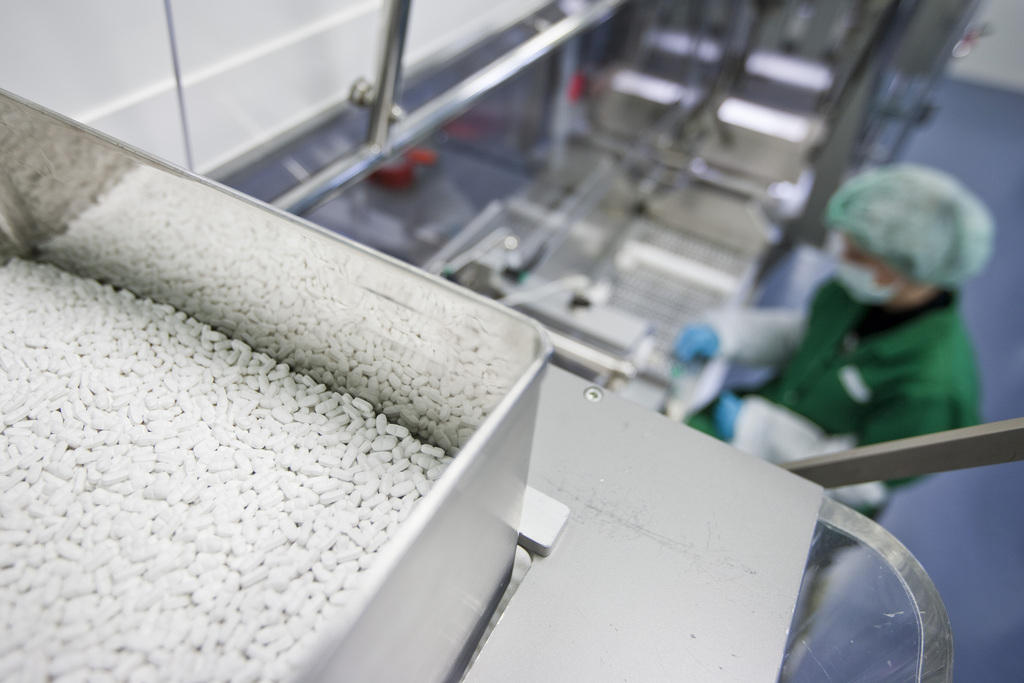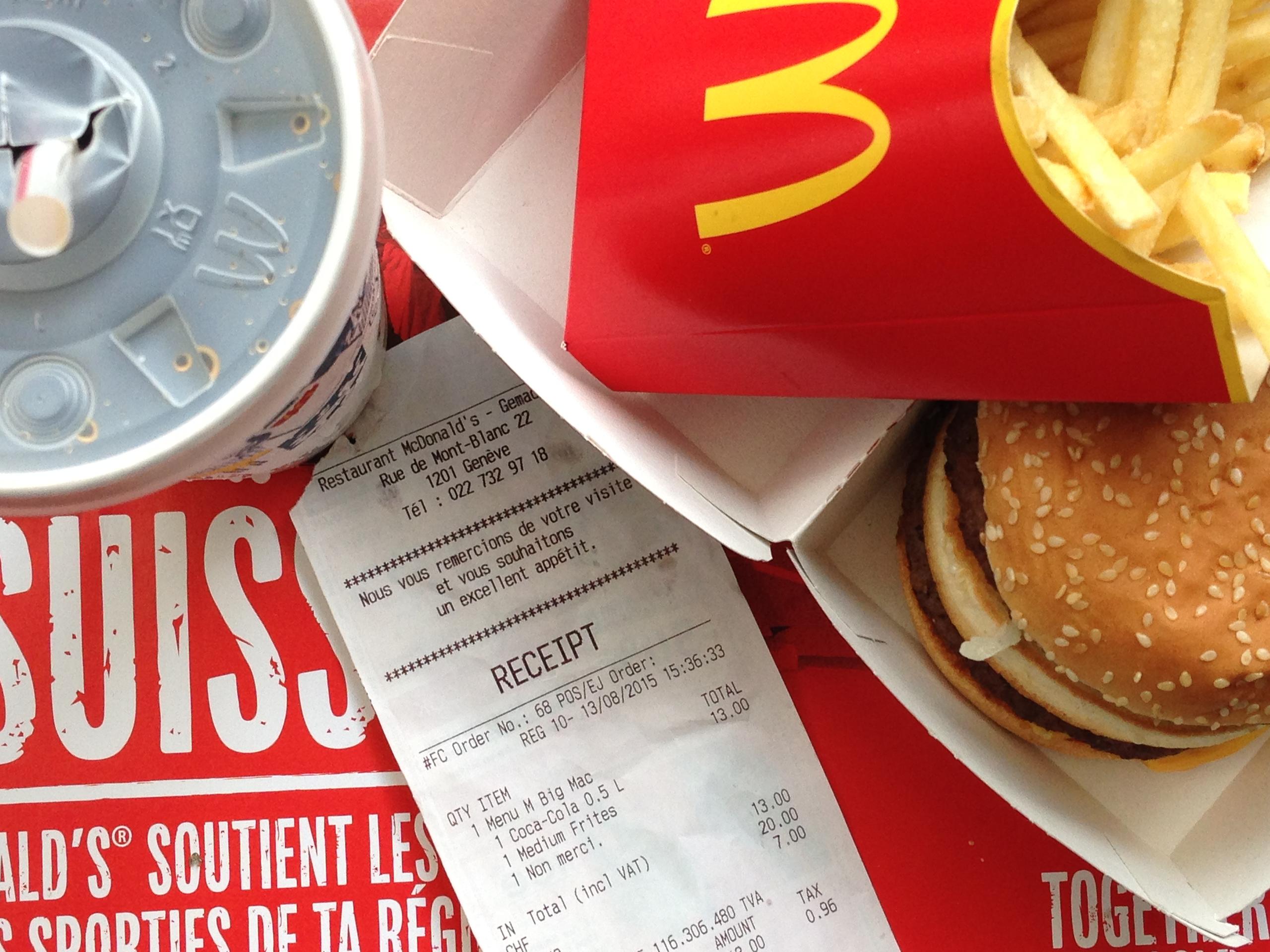Swiss car sales fall less than expected

Car sales in Switzerland fell 2% in 2016, but were buoyed by an unexpected recovery at the tail end of the year. Some 317,318 cars were newly registered in the Swiss market last year, according to the industry’s association Auto Switzerland.
Despite the slight decline, the figures were greeted with enthusiasm. At the beginning of the year, Auto Switzerland had expected no more than 305,000 vehicles to leave car showrooms. Figures were boosted by an 8.2% increase in sales in December.
German brands dominated market share as the most popular models in Switzerland.

Car sales are viewed as an important barometer of consumer spending. Last year’s dip mirrored an overall decline in the appetite of people to spend their income in Switzerland.
Retail sales also fell around 1%, according to a survey by Credit Suisse banks and market research specialist Fuhrer & Hotz. While food retailers managed to record marginal gains from 2015, clothing and footwear stores continued to suffer as the strong franc drove shoppers to the eurozone for bargains. Stores in neighbouring countries consumed one in ten Swiss francs last year, according to the report.
Researchers expect sales to remain flat this year with returning inflation tipped to wipe out modest wage increases. Consumers will continue to shop across borders, particularly online, despite the franc-euro exchange rate stabilizing. Non-food retailers will have to lower prices yet more in 2017, the report predicts.
Consumer spending has been one of the most important pillars of the Swiss economy in recent years. Manageable state debt levels and stable employment have also shielded the Swiss economy from the worst ravages of the economic decline in other European countries.
However, consumer spending slackened last year as unemployment rose and wages stagnated. UBS bank, which compiles a monthly consumption indicator, expects rising oil prices and inflation to dampen consumer spending again in 2017.

In compliance with the JTI standards
More: SWI swissinfo.ch certified by the Journalism Trust Initiative




You can find an overview of ongoing debates with our journalists here. Please join us!
If you want to start a conversation about a topic raised in this article or want to report factual errors, email us at english@swissinfo.ch.